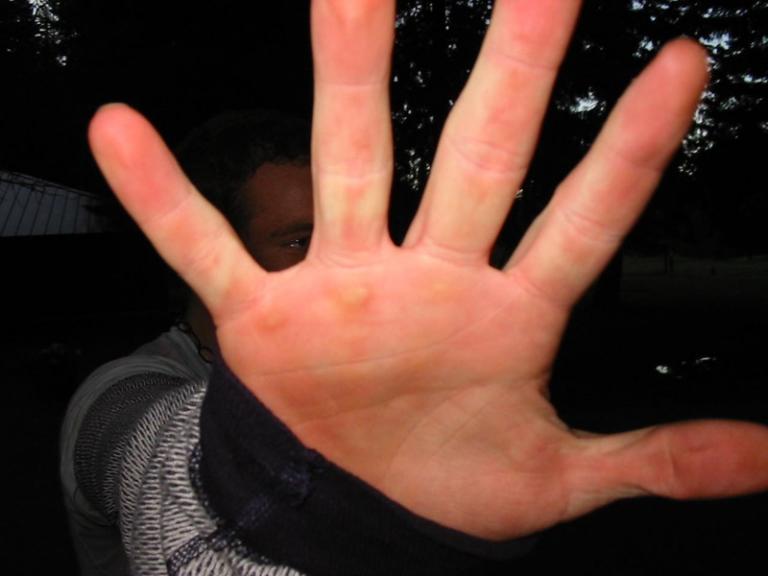
After I published my last article ‘Is Cancel Culture The New Inquisition?’ I received much criticism for my use of blocking on my Facebook page. This is one of those examples where my critics would say that I’m not practicing what I’m preaching. I think it’s a valid conversation to have since, in the digital age, it is impossible to talk about cancel culture without talking about how we use the internet.
I think a good place to start is the topic of personal boundaries. As humans, everyone has a right to bodily autonomy and we are the keepers of our own bodies. This is a common talking point whenever the topic of sexual abuse or abortion arises in conversation. In my article ‘My Thoughts On Immigration Control,’ I mention that the use of borders is meant to define where the autonomy of a state, province or nation begins and ends. Even in Scripture, our bodies are referred to a temple of the Holy Spirit — therefore, we as Christians ought to treat it as such. Not just our own bodies, but other peoples bodies as well. Boundaries are truly a positive thing to have.
Often when we discuss boundaries, most people think about physical ones, but rarely do we ever talk about social boundaries. I think when people limit their interaction with certain people that might cause them stress, that’s a healthy boundary to put in place. Over a decade ago, after having to sever a relationship with a toxic former friend, I ended up changing my phone number so I would stop receiving harassment calls on a regular basis. Sometimes social boundaries are necessary in order to protect our physical, mental and emotional well-being.
As social media has been one of the main platforms of communication nowadays, people often take it personally when they get ‘blocked’ by someone they know. I think it’s important to distinguish the difference between cancel culture and social boundaries. Since cancel culture is a means of ruining a person’s reputation and opportunities for success, it’s important not to mistake being blocked with being ‘cancelled.’ When I typically block someone on social media, it’s usually because they either violated my rules for charitable discourse, make me uncomfortable, have values that completely contradict my own, have behavior I’d rather not have my family exposed to, or they are attempting to defame my character. Those are valid reasons to establish physical or social boundaries.
It is also worth noting that I know many people who have completely blocked their entire family from social media, with the exception of their close friends. For those people, their main line of healthy communication comes from outside of their family circle, and having their conversations continually monitored and weaponized by family members to shame or manipulate them is a stressor that most people can benefit without. Everyone has the right to their own privacy, especially online — regardless of how big their friendship network is.
Blocking someone on social media does not mean I wish ill will or harm upon them. There’s no point in entertaining or prolonging an unnecessarily harmful or toxic conversation or relationship if it’s going to provoke me to react emotionally and cause more harm to the person than warranted. And as a Christian, I have to remind myself to pray for those whom I block while keeping a distance can be benefiting as well. If anything, sometimes establishing boundaries is the most charitable thing a person can do.












